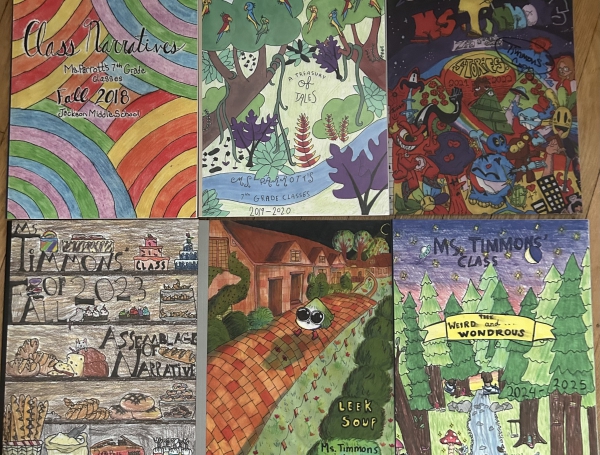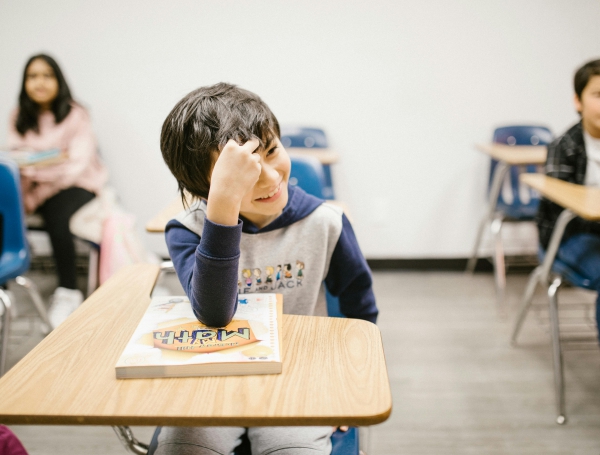
.jpg)
Strategies for When Teaching Gets Tough
April 1, 2017
Teacher burnout. Unfortunately, this is too common in our profession. I think back over my years of teaching and think of the times when I felt burned-out, frustrated, or just dang tired. There were many different reasons along the way and at different times in my career there were various issues that frustrated me, whether it was colleagues, parents, students, or something within myself. Along the way I met many other teachers who felt burnt out like I did at some point in their career. I have often wondered…. “Why do some teachers continue teaching and others quit?” and “How can I be one of those teachers who still enjoys her job in 10, 20, 30 years?
Teaching is a hard profession – we’re “on” every day, all day (no hiding in a cubicle or behind a desk like some jobs). We’re isolated from our colleagues and peers. We have demands on us from multiple sources – students, parents, colleagues, administration, the public and ourselves. There’s also a level of politics involved that I never knew existed until I started teaching. So what do we do when teaching gets tough? How do we reclaim our game?
There are a number of strategies in the book When Teaching Gets Tough: Smart Ways to Reclaim Your Game that deal with difficult students and difficult parents, how to manage with an unsupportive administration and lack of materials, even how to work with challenging coworkers. However for me, the most important piece of the puzzle is to take care of myself (Chapter 5 in the book). Each of us must take care of ourselves, whatever that means to us as individuals. When I used to teach high school, during lunch on nice days I would walk outside and around the building with two teacher friends and our only rule was no talking about school. The 20 minutes or so on most days gave us a break from the classroom, both physically and mentally; we were rejuvenated for the rest of the day. Another time, as a new teacher in a middle school, I had a ton of work to do, but I promised myself that I would not stay in my classroom during lunch and get work done. (Sound familiar?) I went to the teachers’ lounge to eat lunch instead. For me, taking care of myself was (and still is) to get a break from my environment, even for just a few minutes each day.
Here are some ways colleagues of mine over the years have taken care of themselves so each could be at their best in the classroom:
Sharon worked fulltime and had twins in elementary school, yet she took piano lessons once a week and practiced every other day.
Kari trained for triathlons – she found the repetitiveness of training to be meditative and rejuvenating.
Chris and a few of the other coaches had a fantasy football league that was much discussed and strategized!
My very first year of teaching I worked with a group of science teachers that played bridge for 15-20 minutes at lunch every day.
Karen would read quietly in her classroom every morning for 10 minutes before school began.
What about you? What are some ways you take care of yourself?
 Suzanne Warner, M.S., received her Masters Degree in Education from the University of Rochester, New York in 1992. She has taught mathematics in the middle school, high school, and college settings, most recently in Oregon.
Suzanne Warner, M.S., received her Masters Degree in Education from the University of Rochester, New York in 1992. She has taught mathematics in the middle school, high school, and college settings, most recently in Oregon.
Suzanne has been lauded by administrators, colleagues, students and parents regarding her teaching and classroom management skills. Her students enjoy learning in a respectful, productive environment, where each student is in control of her/his own learning and behaviors. She strongly believes that all students want to do well, and creates a teaching environment for them to succeed.
Suzanne is an instructor for The Heritage Institute. If you are interested in learning more about this blog topic, check out her course:




